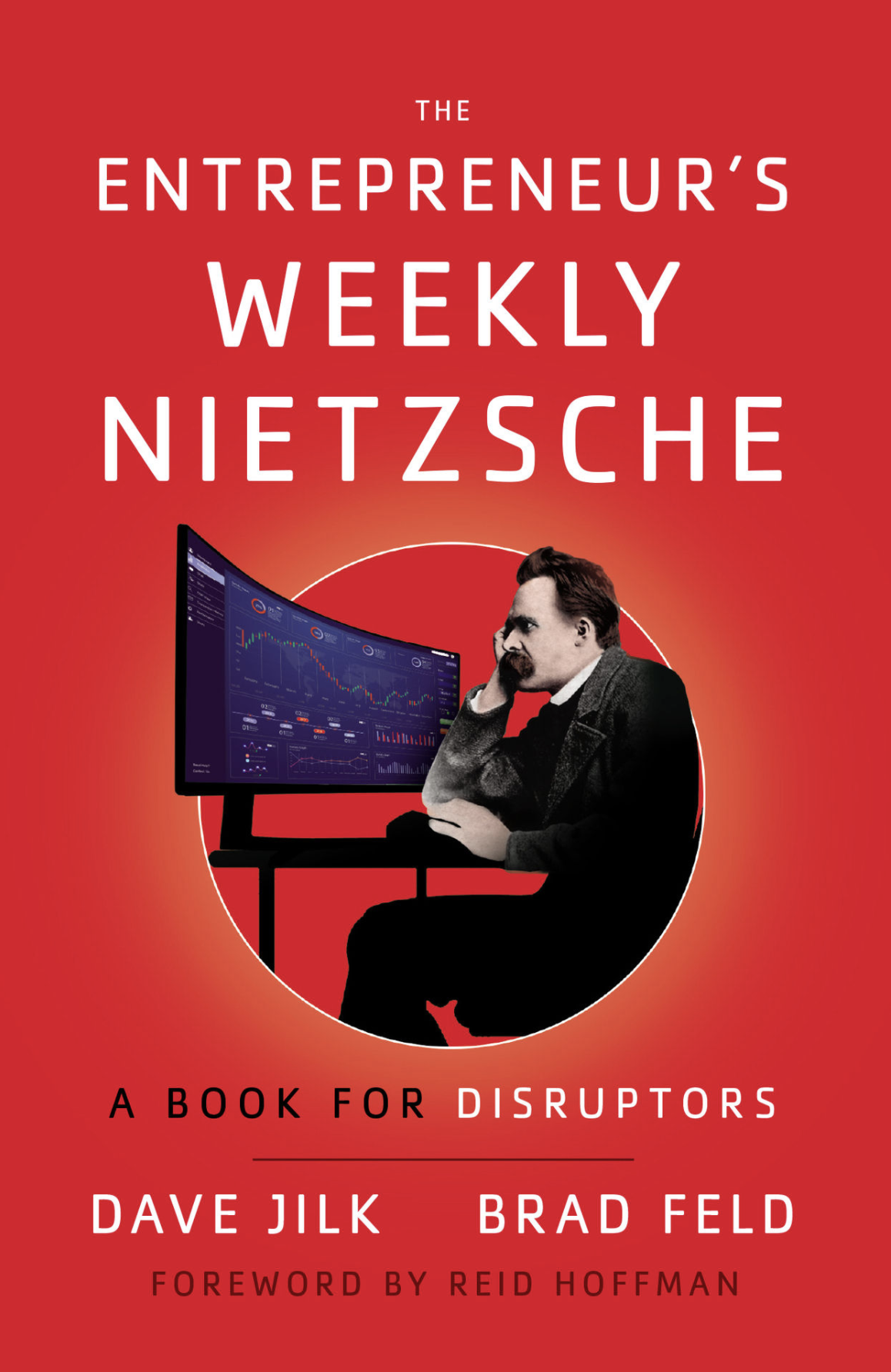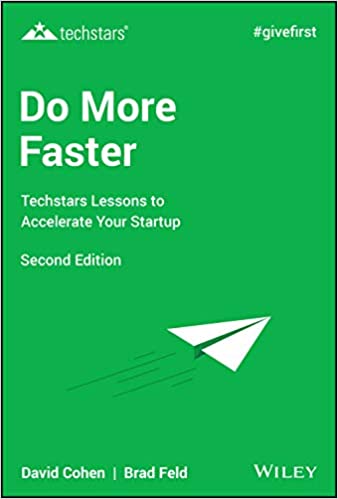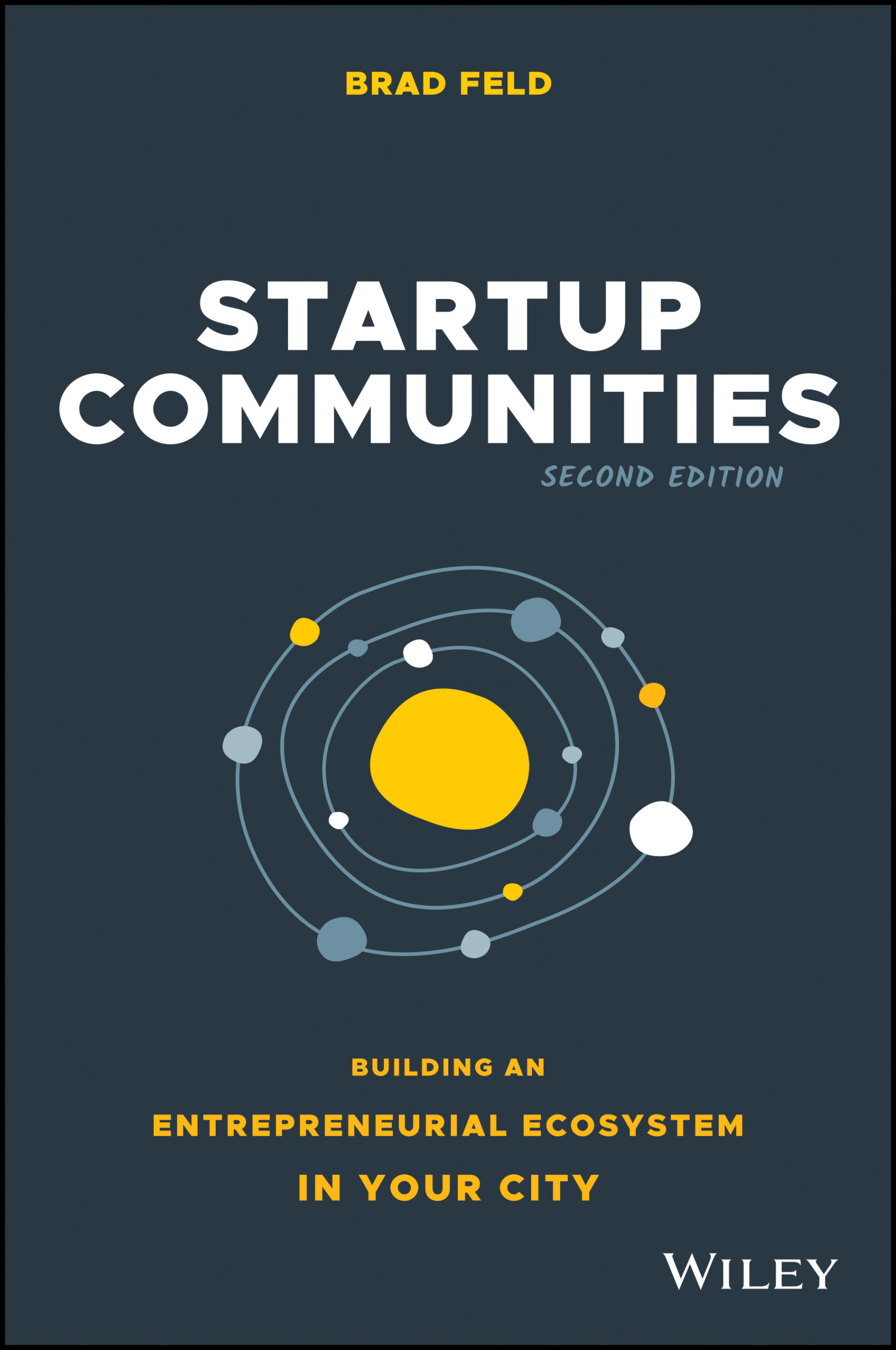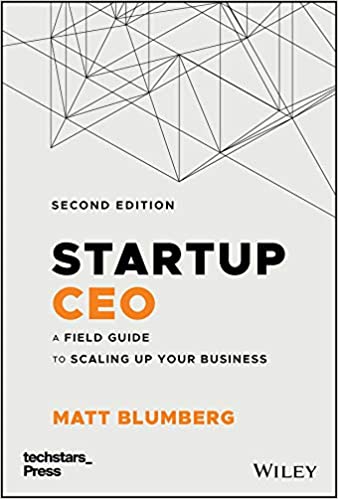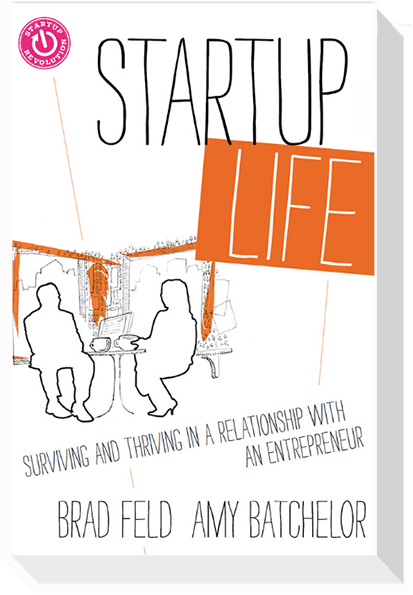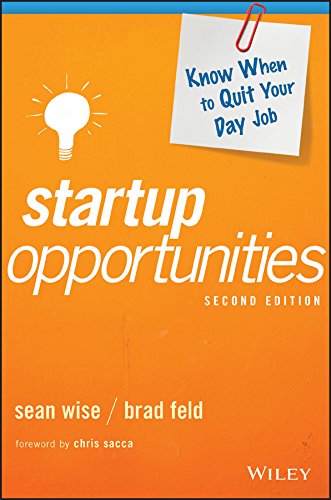7 Mind-Numbing Signs You’re In The Wrong City
Are you an economic development maven tasked with adding a strong entrepreneur base to your community?
Or are you a local entrepreneur who dreams of this awesome and collaborative workspace where hundreds of people just like you gather to build the next Facebook?
Maybe you are one of these rebel-personality professor-in-business types who get dragged into discussions with all of the above players to add your academic thoughts to community building.
Every decently sized community today desires to be the next Silicon Valley or at least a version of it. And there is a discussion taking place in every one of those communities today about how to build or augment their entrepreneurial opportunity.
With the help of Brad Feld’s stellar and on point Startup Communities book and my experiences over the last 5 years in spearheading the Raleigh/Durham, NC tech ecosystem (450+ startups; 5,000+ people; $1B+ exits; many millions in financings), I outline these 7 traps that are guaranteed to derail your community building efforts:
1. You organize in a vacuum. Today’s organizing principle is one of total transparency not back-office meetings. Shout to the world what your goals are and let everyone hear them.
2. You exclude certain people or groups. Again, this cannot be a back-room effort. Anyone who wants a role should take it and be able to run with their idea. We then support their efforts. Those that make things happen – you support with more of your time.
3. You let the economic development folks steer the effort. First of all, I am glad you are involved. But, sorry guys & gals, great communities are built from the entrepreneurs and built up from there. You can best help by supporting the entrepreneurs. They will share what they need if you ask them. If you try to super-coordinate activities (that is what you are paid to do, right?) then you will ultimately hit a quick wall. Promise that you will reach out to as many founders as you can before determining your role in this new ecosystem.
4. You don’t include actual entrepreneurs in the conversation. This is the one that always makes me laugh, like in that crazy-demented kinda laugh. Startup founders and early-stage CEO’s are both your targets and your influencers. Entrepreneurial wanna-bee’s want to hang around others like them especially the founders that are just a few years ahead of them. These are the exact people that have to be in the conversation. Warning to all you government, chamber/association, and academics — these entrepreneurs are not like you and share their thoughts without an editing filter in their brain. Embrace that alternative way of thinking, don’t run from it or judge.
5. You overcharge for the co-working space. A real estate destination is a critical element to gather the best and brightest and having a good co-working space is a critical component. Great communities create a destination for like-minded folks. The trap is when someone steps up to make this happen with an expectation to operate the space at a profit within the first months of launch. It takes a lot more than just space to attract entrepreneurs and those programs & activities take time, money and effort. Overcharging for the membership fee slows or halts the very people you want gathering in your space. Your real estate partner has to have a longer-term view.
6. You set unreal expectations on a short-term horizon. Building a great startup community takes years of effort. Brad talks about a 20-year view. He is not wrong, and I realize that seems so far out. I like to think in a 1-3-10 year framework and set goals accordingly. Be realistic in identifying those goals and discuss what needs to happen to achieve those goals. In Durham, back in 2013, we set a goal of 200 new companies over the following 12-24 months. At that time we had just fewer than 100. It was a stretch but a goal that we could all rally around. That expectation was realistic and we could craft a set of actionable activities that would drive to that goal.
7. You spend time trying to attract Silicon Valley Venture Capitalists. It won’t work. They may be polite but inside they really see no reason to follow your lead and make a trip to your tier 2 or 3 community. These guys are driven by great investment opportunities. Period. They don’t give a rat’s ass about your community building efforts. If you want to attract investors, figure out how to build great companies (made up of great entrepreneurs and great ideas). Then let the companies move if they have to – I promise you they will come back and help build the next wave of great companies.
I have dedicated the last few years to executing what Steve Case calls the “Rise of the Rest” here in Raleigh/Durham to great success. Between New York and Silicon Valley are some of the most promising new companies in very promising emerging entrepreneurial cities. You can help lead your community’s efforts by staying away from these traps.


